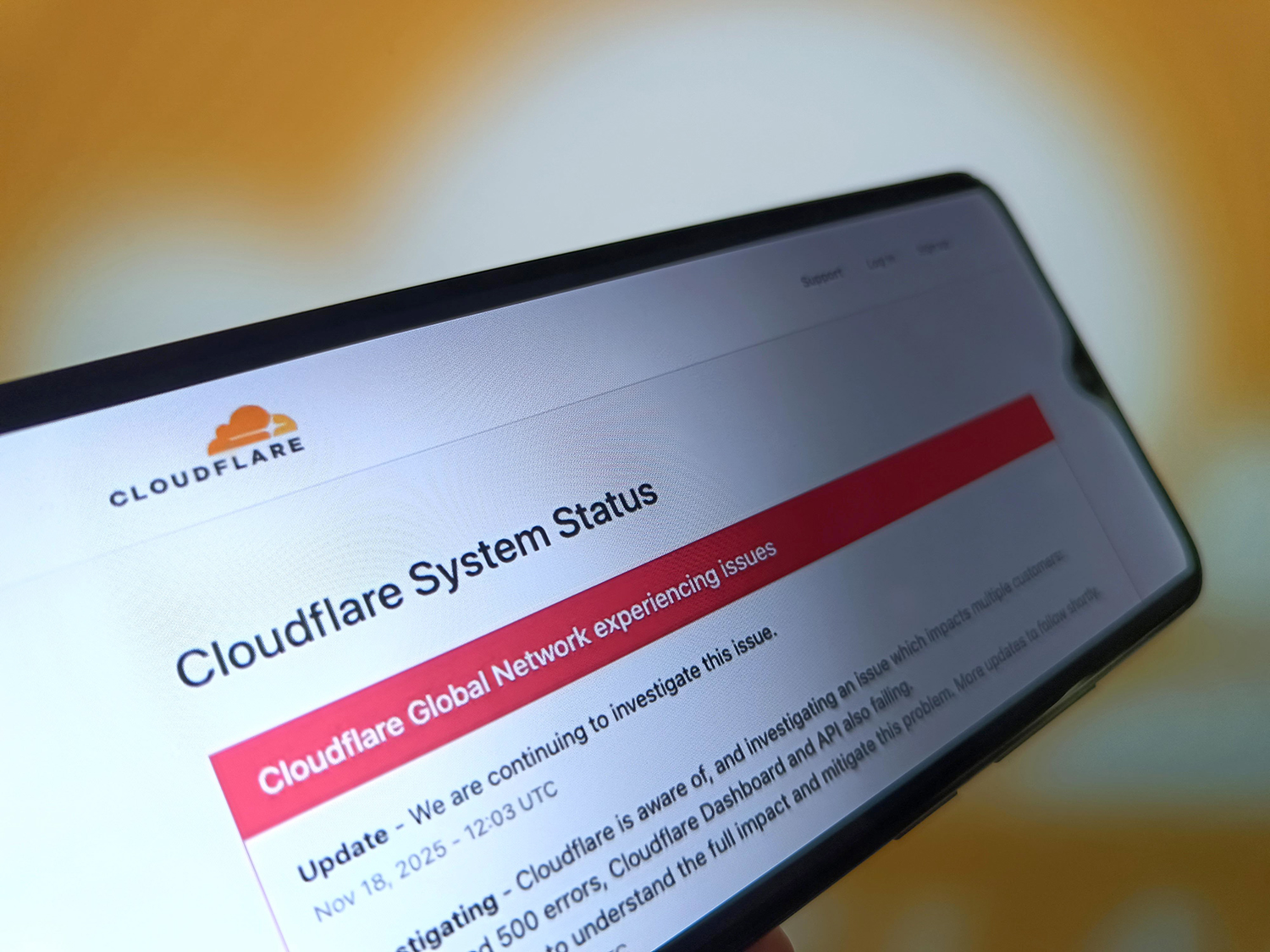Supreme Court allows social media age check law
The court refused to intervene in a decision that affirmed a Mississippi law requiring social media users to verify their ages


A free daily email with the biggest news stories of the day – and the best features from TheWeek.com
You are now subscribed
Your newsletter sign-up was successful
What happened
The Supreme Court Thursday rejected an emergency appeal to pause Mississippi's controversial social media age verification law. There were no dissents noted in the brief, unsigned opinion.
Who said what
NetChoice, the tech industry group that filed the appeal, argued that Mississippi's law "threatens privacy rights and unconstitutionally restricts the free expression of users of all ages," not just those under 18, said The Associated Press. A federal judge had agreed and blocked the law from taking effect for major social media platforms, but a three-judge panel of the U.S. 5th Circuit Court of Appeals paused that order in a "one-sentence ruling" in July, "without explaining its reasoning," Reuters said.
Mississippi's law is "far broader" than a Texas age-verification statute for online pornography that the Supreme Court upheld in June, said NPR. Unlike the Texas legislation, Mississippi "requires all users to verify their ages" for access to "common social media sites," not just adult material. Justice Brett Kavanaugh said in a concurring statement that NetChoice had convinced him its challenge was "likely to succeed" on First Amendment grounds but failed to demonstrate that the "balance of harms and equities favors it at this time."
What next?
Mississippi's law can now take effect while legal challenges play out. NetChoice's Paul Taske called Thursday's decision "an unfortunate procedural delay."
The Week
Escape your echo chamber. Get the facts behind the news, plus analysis from multiple perspectives.

Sign up for The Week's Free Newsletters
From our morning news briefing to a weekly Good News Newsletter, get the best of The Week delivered directly to your inbox.
From our morning news briefing to a weekly Good News Newsletter, get the best of The Week delivered directly to your inbox.
A free daily email with the biggest news stories of the day – and the best features from TheWeek.com
Rafi Schwartz has worked as a politics writer at The Week since 2022, where he covers elections, Congress and the White House. He was previously a contributing writer with Mic focusing largely on politics, a senior writer with Splinter News, a staff writer for Fusion's news lab, and the managing editor of Heeb Magazine, a Jewish life and culture publication. Rafi's work has appeared in Rolling Stone, GOOD and The Forward, among others.
-
 The environmental cost of GLP-1s
The environmental cost of GLP-1sThe explainer Producing the drugs is a dirty process
-
 Greenland’s capital becomes ground zero for the country’s diplomatic straits
Greenland’s capital becomes ground zero for the country’s diplomatic straitsIN THE SPOTLIGHT A flurry of new consular activity in Nuuk shows how important Greenland has become to Europeans’ anxiety about American imperialism
-
 ‘This is something that happens all too often’
‘This is something that happens all too often’Instant Opinion Opinion, comment and editorials of the day
-
 Are Big Tech firms the new tobacco companies?
Are Big Tech firms the new tobacco companies?Today’s Big Question A trial will determine whether Meta and YouTube designed addictive products
-
 TikTok finalizes deal creating US version
TikTok finalizes deal creating US versionSpeed Read The deal comes after tense back-and-forth negotiations
-
 Is social media over?
Is social media over?Today’s Big Question We may look back on 2025 as the moment social media jumped the shark
-
 Data centers could soon be orbiting in space
Data centers could soon be orbiting in spaceUnder the radar The AI revolution is going cosmic
-
 AI griefbots create a computerized afterlife
AI griefbots create a computerized afterlifeUnder the Radar Some say the machines help people mourn; others are skeptical
-
 Australia’s teen social media ban takes effect
Australia’s teen social media ban takes effectSpeed Read Kids under age 16 are now barred from platforms including YouTube, TikTok, Instagram, Facebook, Snapchat and Reddit
-
 Separating the real from the fake: tips for spotting AI slop
Separating the real from the fake: tips for spotting AI slopThe Week Recommends Advanced AI may have made slop videos harder to spot, but experts say it’s still possible to detect them
-
 Blackouts: Why the internet keeps breaking
Blackouts: Why the internet keeps breakingfeature Cloudflare was the latest in a string of outages
